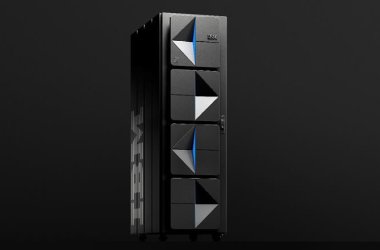 Huawei has bought the software-defined networking (SDN) division of Irish telecom software maker Amartus.
Huawei has bought the software-defined networking (SDN) division of Irish telecom software maker Amartus.
According to reports, Amartus’ senior team and product staff in Ireland will join Huawei, which sees the acquisition as a way to expand its investment in research and development in Ireland and Europe.
The part of privately held Amartus that remains unsold will continue serving current customers and will focus on providing telecom software development, integration expertise and services to vendors and service providers.
Amartus’s main product is Chameleon SDS, which it describes as a “service orchestration platform” for cloud and network services. It allows telecom operators to control networks virtually and automate the delivery of network services.
The acquisition of Amartus’ software assets and staff will improve Huawei’s competitiveness in the SDN market and help it develop high quality cloud and network services, it said.
However, financial terms of the deal were not disclosed, and neither Amartus nor Huawei immediately responded to a request for comment.
This isn’t the first time that Huawei has acquired a European tech firm. In 2012, it bought the UK-based Centre for Integrated Photonics, which conducts research, designs, develops, manufactures and tests photonic devices. Last year Huawei bought UK-based Neul for a reported €25 million. Neul focuses on narrow band cellular Internet of things technology,
Europe is of strategic importance to Huawei. Last October, it said Europe is its top destination for overseas investment and said it would hire 5,500 more people there in the next five years, and double its Europe-based R&D staff in the next three years.
Currently, the company runs 17 R&D sites in Europe, covering wireless, fixed, optical, future network, standard and chipset design technologies. It has over 7,700 staff based in Europe of whom 850 work in R&D, according to the company website. Huawei also works with European telecom operators including British Telecom, Deutsche Telekom, Vodafone and KPN.
Europe has a more interesting investment climate for the company than the U.S. In 2012, a U.S. congressional committee declared Huawei a security threat because of its alleged ties to the Chinese government. Huawei has consistently denied involvement in state-sponsored cyber-espionage.





